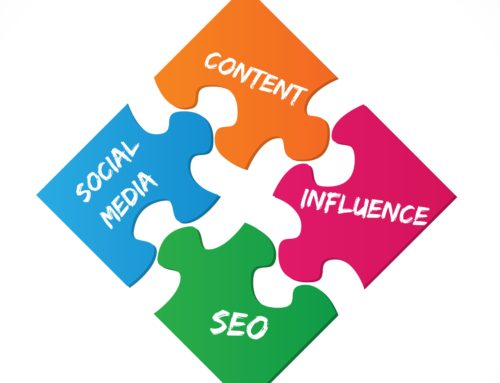My tired old iPhone 6 could really use a new battery. So, earlier this year I was pleased to learn about the $29 battery replacement program offered by Apple. Unfortunately, the whole experience left me sorely disappointed.
The program requires one to contact Apple support who will then order a battery to be sent to the local Apple store of your choice and schedule you with an appointment for the change out. I did that. The Apple representative was friendly enough and assured me they would get the battery on order right away.
I was a little taken aback that it was nearly a week after that phone call that I first received an email stating that they had opened a ticket for me. The email noted that it could be as long as three weeks before the battery arrived but that the store would notify me when it came in. Seemed odd that the store would not have them on hand, but okay.
I waited the three weeks, then four just in case, and by about the fifth week I contacted Apple support again to see what the hold up was. Amazingly, the Apple support rep advised me to contact the store directly to see “if they had given my battery away to someone else or if they were still reserving one for me.” Huh? The rep went on to explain that there really wasn’t a tie-in between the online ticket they had opened and the Apple store I had specified I would like it sent to. Come again??? Even more amazing, when I contacted the local store the person who answered the phone did not seem to know anything about the widely publicized battery replacement program. I promise I am not making this up.
A recent study sponsored by NewVoiceMedia claims that U.S. companies are letting an estimated $75 billion per year slip into the pockets of their competitors due to poor customer service experiences such as this.
The NewVoiceMedia report entitled “Serial Switchers Swayed by Sentiment” reveals that even though the technology to solve these customer service issues is readily available, many companies – even Apple, arguably the world’s most loved tech company – aren’t getting customer service right.
The reasons that customers feel unappreciated enough to switch companies are some that all of us have no doubt experienced on multiple occasions: not being able to speak to an advisor, unhelpful/rude staff, being transferred around without our information as to why we are calling following us, and long hold times.
At first glance, I found some of the data in the study conflictive. For example, 56% of respondents to the study reported that phone calls are the quickest way to resolve a problem but only 27% of the same respondents felt that phone calls are the most efficient. On the other hand, almost a third of respondents also said there really is no effective way to get a customer service problem solved.
An overwhelming majority (86%) felt that if they had made a “positive emotional connection” with a customer service agent they would be likely to do business with that company again. Okay, so how does that happen? Do I feel good if I connect with a CSR and we have a pleasant chat about the weather in Cleveland vs. Dallas? Apparently that’s not necessary, as respondents felt one of the key drivers of feeling emotionally connected to a brand included being able to contact the company through any channel such as voice, email, social media or webchat.
I still find it amazing that I can click once on an ad for a pair of sandals and have more ads for those same shoes follow me throughout all of my web browsing experience, yet if I call a company I have had a financial relationship with for over a decade they can’t seem to keep notes about what my issue is if I have to call back.
Companies like NewVoiceMedia seek to solve these customer service issues with a contact center platform that tightly integrates with CRM data. In the case of NewVoiceMedia, its platform ties into Salesforce. Other features such as omnichannel support, skills-based routing and conversation analytics aim to shorten hold times and disjointed customer experiences.
We have the technology. Could the problem simply be one of motivation? For example, if I clicked on an ad for a new iPhone X would Apple be more interested in assuring my “story” follows me than if I simply want one of their $29 batteries?
I hope there is a better explanation than that.




